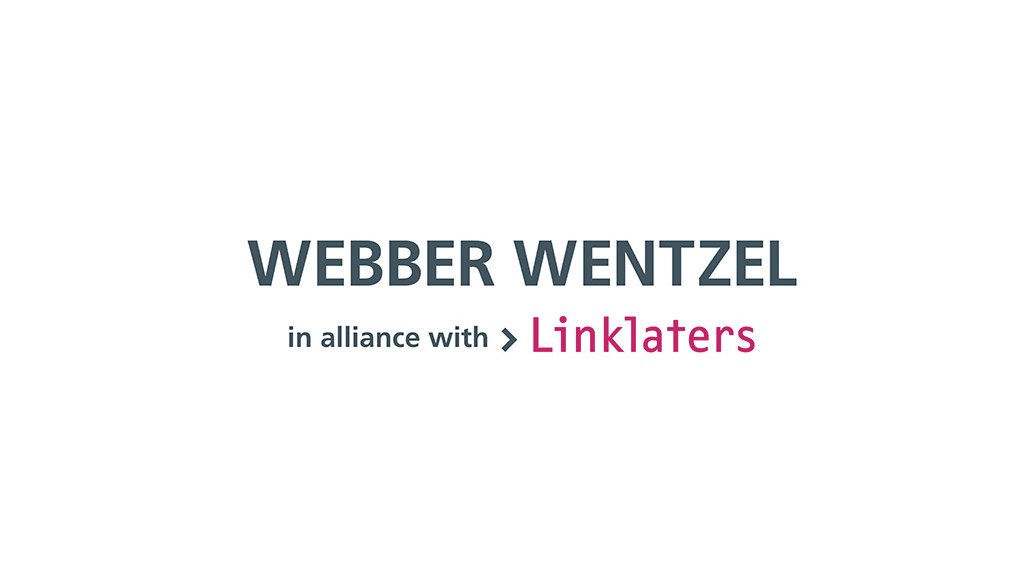Most, but not all, of the sections of the long-awaited National Environmental Management Laws Amendment Act, came into force on 30 June 2023. Some will be game changers.
The National Environmental Management Laws Amendment Act, 2022 (NEMLAA 4) has finally been proclaimed and came into effect on 30 June 2023. However, sections 11, 35(a), 57, 60, 61(c), 61(j), 61(k), 62,63, 64,65, 66, 72, 76, 77, 86, 87 and 88 of NEMLAA 4 did not come into effect with the other provisions.
Some of the sections which have not come into effect were largely influenced by the recent unanimous Constitutional Court judgement in South African Iron and Steel Institute and Others v Speaker of the National Assembly and Others [2023] ZACC 18. The Constitutional Court found that Parliament failed to comply with its constitutional obligation to facilitate public involvement on NEMLAA 4's section 61(k) (amended NEMLAA 4 definition of waste); section 61(c) (new definition of commercial value); section 61(j) (new definition of trade) and section 88 (transitional provisions). Accordingly, these provisions were declared invalid and unconstitutional.
This Constitutional Court judgement has knocked out some of the changes that NEMLAA 4 was expected to introduce. As a result of the knockout of the amended definition of waste, which would have excluded residue stockpiles and deposits, the definition of waste before NEMLAA 4 remains unaltered. Residue stockpiles and deposits remain regulated under the National Environmental Management: Waste Act, 2008 for now and the permitting requirements remain. Changes to the role of the waste bureau have also suffered the knock-on effect.
Notably, in the air quality space, a provision which would allow the licensing authority to revoke and suspend an Atmospheric Emissions Licence (AEL) where there is evidence of a contravention of the National Environmental Management: Air Quality Act, 2004 or a condition of an AEL with a detrimental impact to the environment, including health impacts have also not come into effect.
Some of the notable changes which are now operational
The rectification provisions amendments under National Environmental Management Act, 1998 (NEMA) and National Environment Management: Air Quality Act, 2004 (NEMAQA) have now come into operation. The scope of the NEMA rectification process is now expanded to include, "successors in title" and "persons in control" of the land on which unauthorised activity is undertaken. A competent authority is now mandated by law to direct the cessation of the unlawful activity pending the outcome of the rectification application unless there are reasonable grounds to believe the cessation will result in serious harm to the environment. The administrative fine payable for the rectification application has now increased to ZAR 10 million. Public participation requirements have now been introduced in both NEMA and NEMAQA rectification process provisions.
Breaching the environmental duty of care provisions entails numerous risks, including enforcement action in the form of a directive issued by officials in the national or provincial environmental departments. NEMLAA 4 has extended the authority to issue directives to municipal managers, which will widen the enforcement net. This development is a game-changer which may result in an environmental enforcement blitz, particularly at the municipal level.
Provisions relating to financial provisioning (both mining-specific and general) under NEMLAA 4 have also seen the light of day and are operational. This sets the scene for the replacement Financial Provisioning Regulations to be finalised to replace the 2015 laws.
Written by Garyn Rapson, Partner, Tsoseletso Bogopa, Senior Associate & Hassan Mahlawe, Candidate Attorney from Webber Wentzel
EMAIL THIS ARTICLE SAVE THIS ARTICLE ARTICLE ENQUIRY
To subscribe email subscriptions@creamermedia.co.za or click here
To advertise email advertising@creamermedia.co.za or click here











